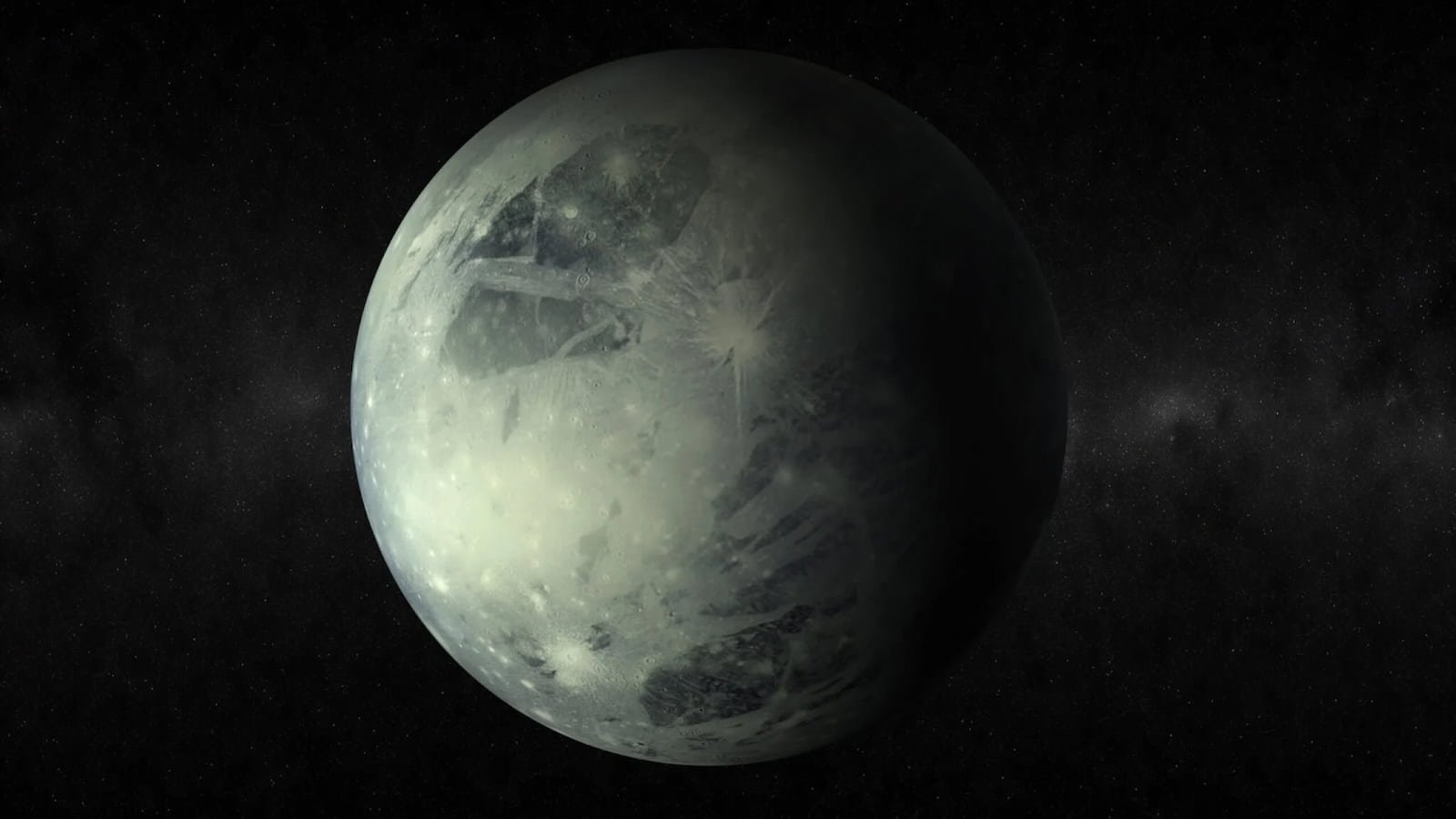Pluto Day 2024: Pluto Day is observed annually on February 18 to mark the occasion wherein individuals commemorate the discovery of Pluto by American astronomer Clyde Tombaugh in 1930.
Historically ranked as the ninth planet in the solar system, Pluto gained notoriety for its diminutive stature and prominent ice mountains. Only 84 years after the discovery of Neptune did the discovery occur at the Lowell Observatory in Flagstaff, Arizona.
History of Pluto Day
We celebrate April 19 as Pluto Day, marking the thirty-first anniversary of the planet’s discovery. In 1840, Urbain Le Verrier, a French astronomer, discovered irregularities in the orbit of Uranus. This discovery eventually led to the identification of Neptune.
Percival Lowell embarked on a quest to find a ninth planet, initially referred to as Planet X, in response to the persistent anomalies observed in Uranus’ orbit. In 1930, Clyde Tombaugh made the remarkable discovery of Pluto, carrying on the search that had begun following Lowell’s passing.
In 2006, the International Astronomical Union decided to reclassify Pluto as a “dwarf” planet. This was because of its insufficient size and its failure to meet the criteria for being considered a full-sized planet. Many people believe that the first two letters of “Pluto” are a tribute to Percival Lowell.
Pluto Day 2024: FAQs
How do people observe the day of Pluto?
Observe videos concerning Pluto, visit a planetarium, or erect a telescope to investigate the night sky in observance of the occasion.
Does Pluto cease to be a planet?
Starting in 2006, Pluto was reclassified as a dwarf planet.
What does one year mean on Pluto?
One revolution around the sun requires 6.4 Earth days, which is equivalent to 248 Earth years.
Who Shall I Be Day 2024 (US): Discover the Art of Setting Life Goals
Pluto Day 2024: Activities
View a documentary about Pluto:
Watch documentaries like “Mission Pluto” or “The Year of Pluto” to gain a unique perspective on the planet from the astronauts’ point of view. Social media users should use the hashtag #PlutoDay to express their thoughts.
Consider studying planets
An accumulation of astronomy literature, including research articles, can enlighten one on the current missions of NASA and the various planets.
Set up a telescope
One potential plan is to assemble a telescope to observe established planets or conduct independent scientific investigations.
National Public Science Day 2024 (US): Five Important Facts About National Public Science
Five Unknown Aspects Regarding Pluto
- Five satellites: According to astronomers, Pluto has five moons.
- Nitrogen: The predominant component of Pluto’s atmosphere is nitrogen.
- Day length: Pluto’s day is 153.3 hours long as a result of its sluggish orbit.
- Lowell Observatory: Its nomenclature might have been derived from the proprietor of the observatory where Pluto was discovered.
- Pluto and the gods: According to legend, an 11-year-old Oxford girl proposed giving the planet the name Pluto in honor of the Roman deity associated with the underworld.
PLUTO DAY DATES
| Year | Date | Day |
|---|---|---|
| 2024 | February 18 | Sunday |
| 2025 | February 18 | Tuesday |
| 2026 | February 18 | Wednesday |
| 2027 | February 18 | Thursday |
| 2028 | February 18 | Friday |
World Human Spirit Day 2024: Five Things You Didn’t Know About Spirituality








